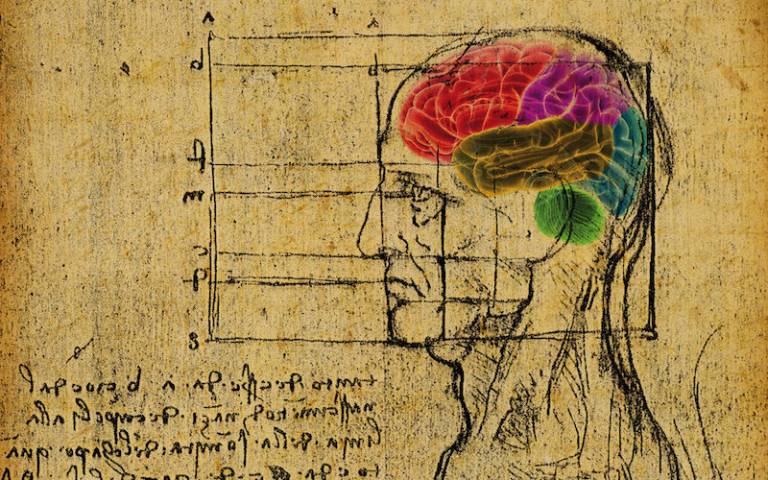UCL strengthens Max Planck collaborations
10 December 2020
UCL is expanding its collaborations with Germany’s Max Planck Society through projects on cognitive ageing and global legal responses to COVID-19

Professor Ulman Lindenberger and Professor Ray Dolan, co-Directors of the Max Planck UCL Centre for Computational Psychiatry and Ageing Research, have been successful in their bid to renew the International Max Planck Research School on Computational Methods in Psychiatry and Ageing Research (IMPRS COMP2PSYCH) for another six years to 2028.
IMPRS COMP2PSYCH teaches and trains concepts and methods from computer science and statistics in relation to substantive research questions in psychiatry and lifespan psychology. In close collaboration with the Max Planck UCL Centre for Computational Psychiatry and Ageing Research, it gives pre-doctoral fellows the opportunity to learn, apply, and develop computational and statistical methods that foster our understanding of individual development from childhood to old age, with an emphasis on mental illness and healthy cognitive ageing.
Professor Dolan said: “This is a tribute to our wonderful students who have been outstanding. Three UCL students graduating this year from the IMPRS have all won prizes for their research. The MPS recognised this quality and we were considered exceptional by an International Panel who carried out the evaluation in September 2020."
Professor Dolan's co-Director Professor Ulman Lindenberger has taken up the role of Vice-President of the Max Planck Society, where his specific brief is International Affairs.
The Max Planck UCL Centre for Computational Psychiatry and Ageing Research was founded in April 2014 and was the result of an existing collaboration between UCL and the Max Planck Society that began in 2011 and has continued to deepen since then.
In 2019, UCL became the first international partner in the Max Planck School of Cognition, a graduate school for PhD candidates investigating human cognitive abilities and mental phenomena in non-biological systems and agents.
World-leading legal research
UCL Laws also recently teamed up with the Max Planck Institute of Comparative Public Law and International Law, as well as King’s College London, to jointly lead a project bringing together legal scholars across the world to understand and compare national legal responses to the COVID-19 pandemic.
The project, entitled Lex-Atlas: COVID-19 (LAC19), seeks to provide unprecedented analysis of legal responses to COVID-19 in more than 60 countries, representing a diversity of regions, income and inequality levels, legal systems and political regime-type.
Professor Dame Hazel Genn, UCL Vice-Provost International & Advancement and LAC19 Scientific Advisory Board member, said: “UCL is committed to bringing together intellectual capital to find innovative and workable solutions to global health problems. The LAC19 project will bring together a wealth of knowledge from across the globe to describe the wide range of legal measures to deal with COVID-19 and evaluate the impacts of different practices. This will be a huge resource for future responses to global health emergencies.”
Further Information
- Professor Ray Dolan's academic profile
- Professor Ulman Lindenberger's academic profile
- Max Planck UCL Centre for Computational Psychiatry and Ageing Research
- International Max Planck Research Schools
- UCL joins new Max Planck Schools doctoral programme
- Max Planck Society
For the latest news about UCL’s international activity, partnerships and opportunities, subscribe to our bimonthly Global Update newsletter.
 Close
Close

